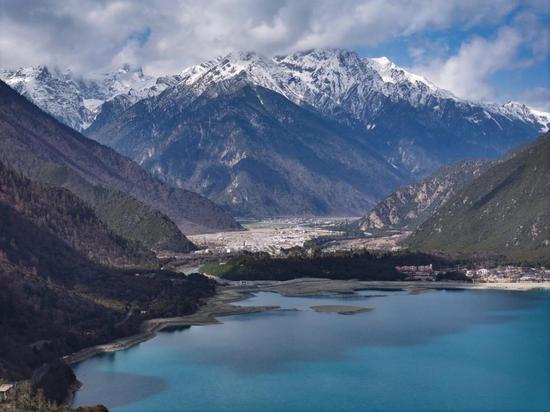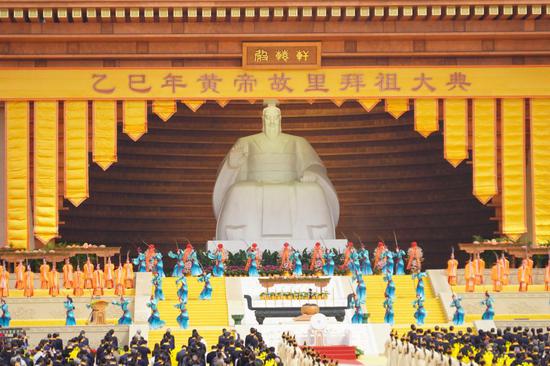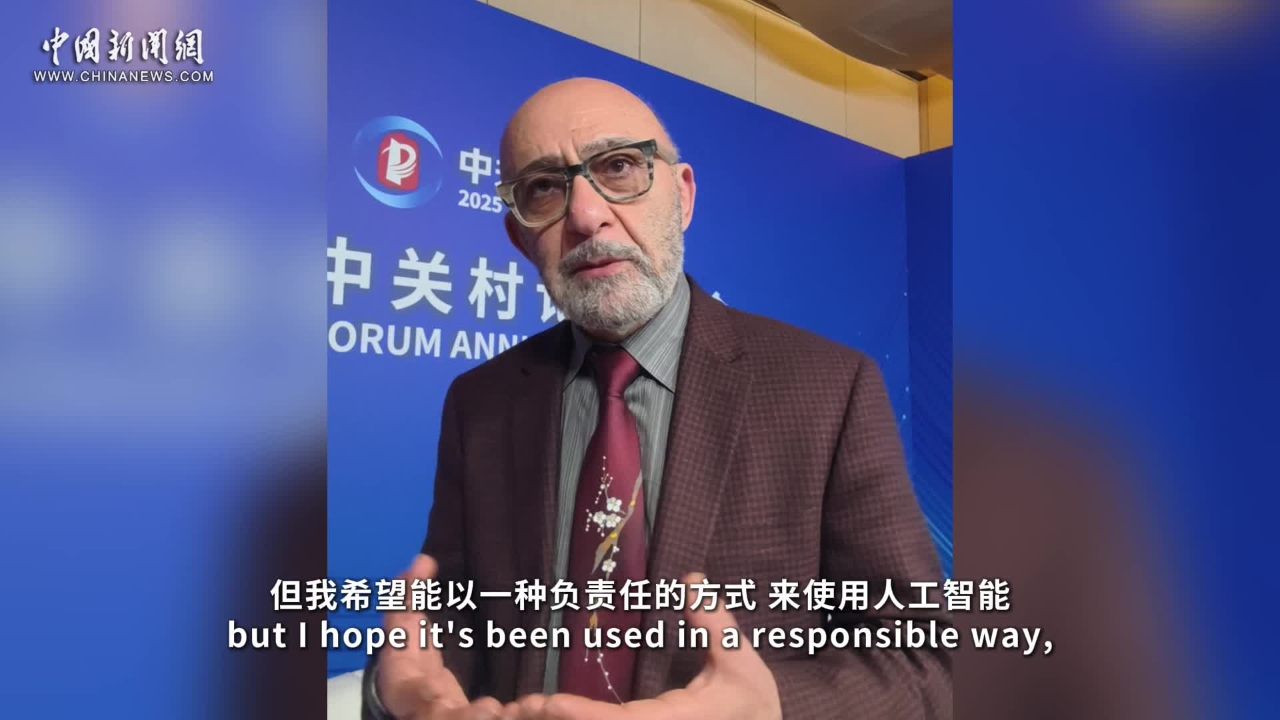Speakers at the International Water Pioneers Summit 2025 held in Hong Kong on Tuesday stressed the urgent need for demand-side reforms and technology-driven solutions to address the growing pressures of climate change.
Industrial leaders and government officials in the water supply sector also praised the Dongjiang-Shenzhen Water Supply Project for delivering over 30 billion cubic meters of fresh water to Hong Kong over the past six decades, sustaining the city's growth as a global financial hub.
Hong Kong Chief Executive John Lee Ka-chiu emphasized the urgency of adopting smarter resource management strategies.
Aligned with the summit's "Smart Water, High-Quality Development "theme, he said Hong Kong will incorporate AI and digital twin technology — dynamic simulation systems that predict performance and optimize operations — into water management through the city's newly established Digital Water Office.
"Innovation in infrastructure development will power our water-secure future," Lee said. "Our goal is to establish Hong Kong as an international infrastructure center that serves our city and our country."
Speaking at the opening ceremony of the summit — part of Hong Kong's celebration of the water project's 60th anniversary — with around 380 water experts and government officials in attendance, Lee highlighted the project's engineering achievements, particularly its 83-kilometer channel cutting through six mountains and network of pumping stations.
Since its launch on March 1, 1965, the project has revolutionized Hong Kong's water security, expanding supply capacity twelvefold and transforming the city from water-scarce to water-stable. Today, it meets up to 80 percent of Hong Kong's water needs.
Hamanth Kasan, president of the International Water Association, hailed the project as a "great system "that has been foundational to Hong Kong's development since the 1960s.
"Without this water, Hong Kong would not even exist as we know it today," he said.
Lee expressed gratitude to the central government and Guangdong province for their steadfast support, describing the project as evidence of Hong Kong's strong connections with the motherland.
Attendees from the Chinese mainland highlighted the nation's significant progress in water infrastructure and management, noting these advancements have been crucial to sustaining economic growth and ensuring food security. They also reaffirmed China's commitment to sharing this expertise globally to address climate challenges.
Minister of Water Resources Li Guoying pledged the central government's full support to safeguard Hong Kong's water supply against climate-related risks.
"We will leverage Hong Kong's role as the nation's global bridge to share knowledge worldwide," he said, emphasizing this as part of the nation's effort to build "a community with a shared future for humanity".
Li reported substantial improvements in flood control, with flood-related economic losses dropping to 0.23 percent of the nation's GDP over the past 10 years, down from 0.49 percent in the previous decade.
He credited this success to enhanced flood prevention projects and digital twin technologies that helped improve forecasting accuracy and reduce damage.
China's water infrastructure now boasts a capacity exceeding 900 billion cubic meters, with 94 percent of rural residents gaining access to tap water. Additionally, irrigated farmland has expanded beyond 71.7 million hectares, supporting the country's annual food production exceeding 700 million metric tons.
Governor of Guangdong Wang Weizhong said the province has seen a 20 percent reduction in per capita water consumption over the past decade through improved management.
"Guangdong sustains 9 percent of China's population with just 6.5 percent of its water resources while contributing 10 percent of economic output," he said.
The province plans to implement AI-driven water management systems, with particular emphasis on digital twin technology, as part of its exchange initiatives within the Guangdong-Hong Kong-Macao Greater Bay Area and globally.
Dragan Savic, a hydroinformatics professor at the University of Exeter in the United Kingdom, warned of limits to supply-side expansion.
"In the future, we have to balance that a bit with better management," he told China Daily on the sidelines of the summit. He added that water treatment and smart distribution technologies will be crucial in achieving this balance.
Also on Tuesday, the Dancing Water Drops Exhibition opened to the public at Tamar Park and the Central and Western District Promenade, displaying water-drop-shaped sculptures of different sizes and designs to symbolize the vitality that Dongjiang water brings to the city.


















































 京公網安備 11010202009201號
京公網安備 11010202009201號